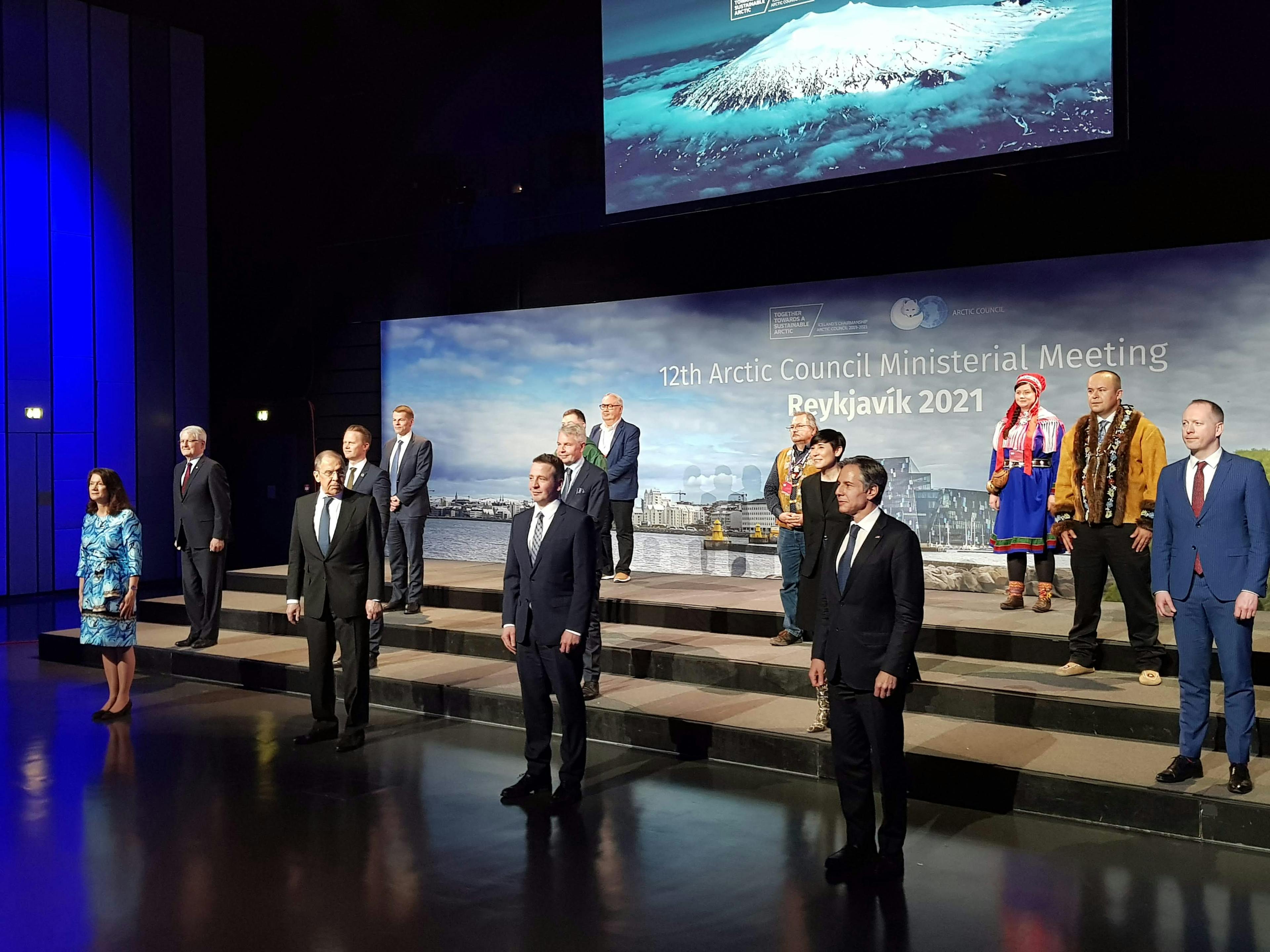Winter 2022
Indigenous Leadership in the Arctic
– Stephanie Bowen
A conversation with Gunn-Britt Retter of the Saami Council.
by Stephanie Bowen
As this issue of the Wilson Quarterly makes clear, the circumpolar Arctic is actively transforming. Quickly rising temperatures are exposing once inaccessible areas, dramatically altering environmental, geopolitical, and economic landscapes. This transformation brings challenges and opportunities that require meaningful engagement and thoughtful leadership. No group understands this better than the Arctic’s Indigenous peoples.
Dozens of Indigenous cultures call the Arctic home and have for more than 10,000 years. They speak many different languages and have unique traditions that distinguish them from each other. There are the Aleut, Inuit, and Saami, to name just a few. Some predominantly fish coastal areas, others hunt the forests, and still others are nomadic herders; they reside in rural outposts and urban centers. The Arctic Indigenous peoples are not monolithic, they have rich histories, practices, and livelihoods that distinguish themselves from one another. However, what they do have in common unites them in a shared purpose: protecting their homelands, and in turn, their ways of life.
The ties that bind Arctic Indigenous peoples run deep, says Gunn-Britt Retter, Head of the Saami Council’s Arctic and Environment Unit. The Saami Council is one of six Indigenous organizations that make up Permanent Participants of the Arctic Council, the Arctic’s main governing body.
The Saami people have long come together for festivals, cultural exchange, and to tackle challenges. With their homelands falling within the borders of modern-day Norway, Sweden, Finland, and Russia, they organized their first cross-border conference in 1917 to help strategize political engagement. More recently structuring their work by four core units – Arctic and Environment, European Union, Cultural, and Human Rights – the Saami, independently and together with other Indigenous communities, advocate for their best interests. Those interests have become more urgent as change accelerates and outside interest in the Arctic grows.
I had the privilege of talking about this and more with Gunn-Britt Retter. I invite you to watch an edited excerpt of our conversation.
Stephanie Bowen is the editor of the Wilson Quarterly. Video edited by Matt Starling.
